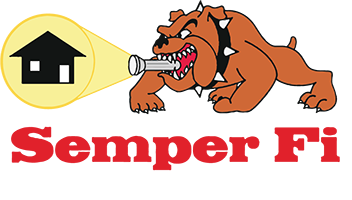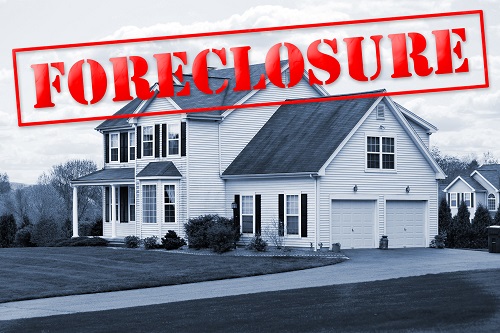Part 4 in our series of home inspection questions
Part 1: Questions to Ask BEFORE Your Home Inspection
Part 2: Questions to Ask DURING Your Home Inspection
Part 3: What problems should raise flags during a home inspection?
Certain property types raise specific questions during a home inspection. Here is some of what you need to know:
What risks should I consider when buying a foreclosed home?
When a home is foreclosed it’s usually because the owner fell into hard times. This not only translates into financial trouble, but often a lack of ability in maintaining the house. You will want to make sure you really check and double-check the plumbing; that all pipes are free and clear of obstructions, there are no leaking fixtures, and that older clay pipes are still intact.
While a bank that foreclosed upon a home won’t fix any damage in a foreclosed home, evidence of damage or needed repairs found in a home inspection report can be used to negotiate a lower sale price.
Keep in mind, however, that some banks will deny requests for home inspections on their foreclosed properties, stating a property is sold “as-is.”
Are there more issues with older homes?
Older homes typically have more problems when it comes to a home inspection.
For instance, support posts and beams have been subjected to more years of dirt and grime and are often more susceptible to rot, mold and termite infestation. Older homes may also have exposed or hidden knob-and-tube wiring, and this older wiring that can be prone to fraying and starting electrical fires. Also, keep an eye out for two-prong or ungrounded outlets, as they are often signals of older, outdated wiring in a home.
The key with inspecting and buying an older home is to gather as much information about the condition and maintenance needs. Use this information, and some general costs, to determine how much will be required to update or remediate the home. Then consider these costs when putting in your offer to purchase.
Are there any concerns when buying a newer home?
Have you heard the term “sick home”? These are the newer homes that are sealed so tightly that air isn’t able to circulate properly, creating a sick environment for both the appliances and the residents.
Newer homes such as these need a heat recovery system. This system includes an air-exchange unit that allows the air within the home to circulate and reduces the opportunity for mold to grow. Every house should have five to six complete air exchanges each day. A newer home, built to be sealed tightly, the only way to have this happen is removing stale air through a filtered exchange.
For commercial property inspections in the Dallas/Fort Worth area, including a thorough and informative home inspection report, learn more at
or request a quote for a commercial inspection at
682-351-2267



